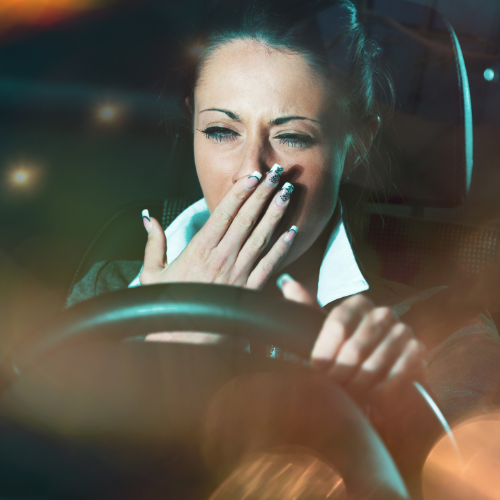
About
Just like exercising and eating right, sleep is a key part of a healthy lifestyle. If you suffer from a sleep disorder, it can have a lasting effect on your emotional and physical well-being.
Men, women and children of all ages can suffer from insufficient sleep, and it has been linked to a number of chronic diseases and conditions, including obesity, depression, diabetes, attention deficit hyperactivity disorder (ADHD) and cardiovascular disease.
There are more than 88 identified sleep disorders, and more than 70 million Americans are affected by them, so it is important to know the signs:
- Loud snoring
- Excessive daytime sleepiness
- Breathing interruptions during sleep
- Memory difficulties
- Difficulty falling asleep, staying asleep or waking
- Waking up gasping for air
- Dependence on sleeping pills
- Grinding teeth during sleep
- Sleep walking or acting out dreams
- Frequent nightmares or terrors
- Frequent morning headaches
- Restless legs after going to bed
If you, or someone you know, is experiencing any of these, it is important to receive an evaluation by your healthcare provider or a provider specializing in sleep medicine.
Most Common
The most common sleep disorders are sleep apnea, insomnia, narcolepsy, and restless leg syndrome (RLS)
Sleep Apnea
Snoring may be more than just an annoying habit – it may be a sign of sleep apnea. People with sleep apnea characteristically make periodic gasping or “snorting” noises, during which their sleep is momentarily interrupted. Those with sleep apnea may also experience excessive daytime sleepiness, as their sleep is commonly interrupted and may not feel restorative.
Treatment of sleep apnea is dependent on its cause. If other medical problems are present, such as congestive heart failure or nasal obstruction, sleep apnea may resolve with treatment of these conditions. Gentle air pressure administered during sleep, typically in the form of a continuous positive airway pressure (CPAP) device, may also be effective in the treatment of sleep apnea.
Interruption of regular breathing during sleep can pose serious health complications, so symptoms of sleep apnea should be taken seriously.
Insomnia
Insomnia is characterized by an inability to initiate or maintain sleep. It may also take the form of early morning awakening in which the individual awakens several hours early and is unable to resume sleeping. Difficulty initiating or maintaining sleep may often manifest itself as excessive daytime sleepiness, which characteristically results in functional impairment throughout the day.
Before being diagnosed with insomnia, a healthcare provider should rule out other potential causes, such as side effects of medications, substance abuse, depression, or other previously undetected illness.
Narcolepsy
Excessive daytime sleepiness combined with sudden muscle weakness are the hallmark signs of narcolepsy. The sudden muscle weakness seen in narcolepsy may be elicited by strong emotion or surprise. Episodes of narcolepsy have been described as “sleep attacks” and may occur in unusual circumstances, such as walking and other forms of physical activity.
Restless Legs Syndrome (RLS)
RLS is characterized by an unpleasant “creeping” sensation, often feeling like it is originating in the lower legs, and often associated with aches and pains throughout the legs. This can affect the ability to initiate and maintain sleep, and is relieved by movement of the leg, such as walking or kicking. Abnormalities in the neurotransmitter dopamine have often been associated with RLS.











